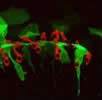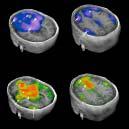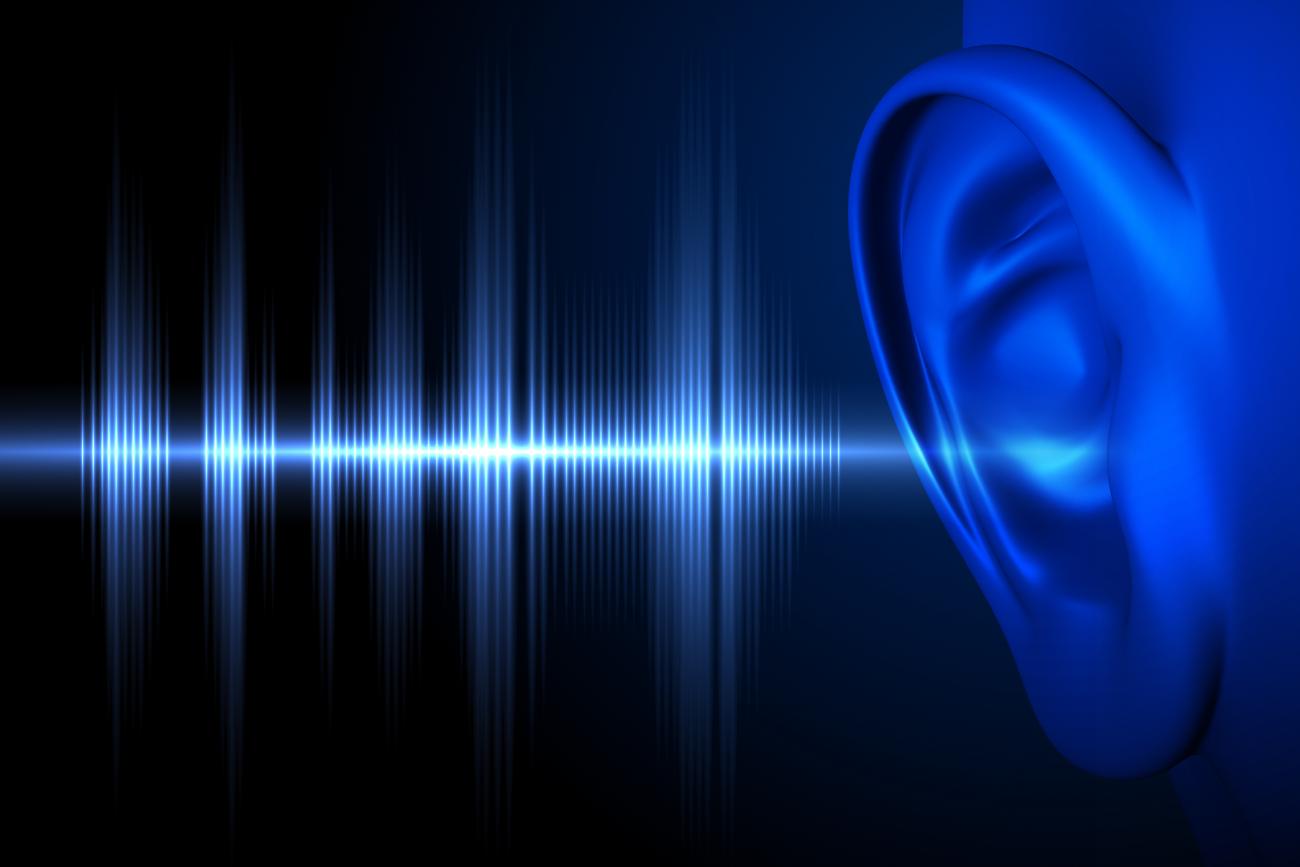




The University of Maryland (UM) And the Division of Intramural Research of the National Institute on Deafness and Other Communication Disorders (NIDCD) have an innovative collaboration for training graduate students and postdoctoral fellows. This partnership was established in December 2000 to enable graduate education in hearing and communication. Agreement signed between Drs. Robert Wenthold (Scientific Director) and James Battey (Director) from NIDCD and C.D. Mote, Jr. (President) and Gregory Geoffroy (Senior VP for Academic Affairs and Provost) from UMD.
This exceptional research and training partnership focuses on hearing and communication. An unparalleled breadth of experimental approaches (including molecular, developmental, physiological, systems and computational) and diverse research species (including insects, fishes, reptiles, birds and mammals) are utilized by the combined faculties of the two institutions to ask a wide variety of scientific questions ranging from the molecular to the systems level. Indeed, the joint program between UM and NIDCD offers predoctoral and postdoctoral trainees a unique research and training environment that is available nowhere else in the world.
An unparalleled breadth of experimental approaches are utilized by the combined faculties of the two institutions to ask a wide variety of scientific questions
Predoctoral and postdoctoral trainees not only have the opportunity to work in individual laboratories of their mentors, but they are also encouraged to collaborate between laboratories on both campuses and to extend their individual research Programs in unique ways that fit their own interests.
Doctoral degrees for all students working with our NIDCD and/or UM faculty are conferred by UMD generally in NACS, the Neuroscience and Cognitive Science Program, although students with special career goals can elect to do their doctoral research in one of the UM departments that have faculty participating in this joint program. However, all aspects of the program are flexible collaborations between these two superb institutions. Students are free to arrange research projects and/or training among the breadth of our faculty. Full financial support is available to all full-time students in the program. Interested students are encouraged to contact faculty members whose research interests them and then to apply to the doctoral program at UM for admissions. Applications are reviewed by the joint faculties of UM and NIDCD in early January. Qualified applicants are invited to visit both institutions and are promptly notified of acceptance and financial support.
NIDCD Commitments
Research training and co-mentoring of predoctoral fellows of CEBH T32 and Neuroscience and Cognitive Science (NACS) doctoral program
NIDCD Training Office to support trainees in their fellowship
- Elyssa Monzack (Training Director)
- Melanie Barzik (Deputy Training Director)
Opportunities for UMD Trainees to Join NIDCD
- Summer interns: high school, college, or graduate students looking to spend a summer performing research
- Post-baccalaureate trainees: recently graduated from college and want to gain more research experience before graduate or medical school
- Graduate students: partnerships with Oxford, Cambridge, Brown, Johns Hopkins, UMD
- Medical students: performing a year of research in between their 3rd and 4th year of medical school
- Post-doctoral trainees: completed graduate or medical school, continuing research training
Fellowship/Research Program/Courses Offered by NIDCD
Robert Wenthold Postdoctoral Research Fellowship
- NIDCD’s postdoctoral fellowship
- Must have less than 2 years of postdoctoral research experience
- Looking for candidates who are interested in performing multi-disciplinary science
- Applications are received on a rolling basis
- If interested, contact: elyssa.monzack [at] nih.gov
- NIDCD’s crash course in hearing research
- Two weeks of half days (so you can still perform experiments!)
- Combination of lectures (hybrid!) and hands-on workshops
- Next course will be July 2025
- Full archived lectures available on the course website
Otolaryngology Surgeon-Scientist Program
- Recruits otolaryngology surgeons for junior faculty positions
- Labs focus on clinically translational research
- Establishes a pipeline for drug development and first-in-human studies
- Trainees conduct research across participating labs


